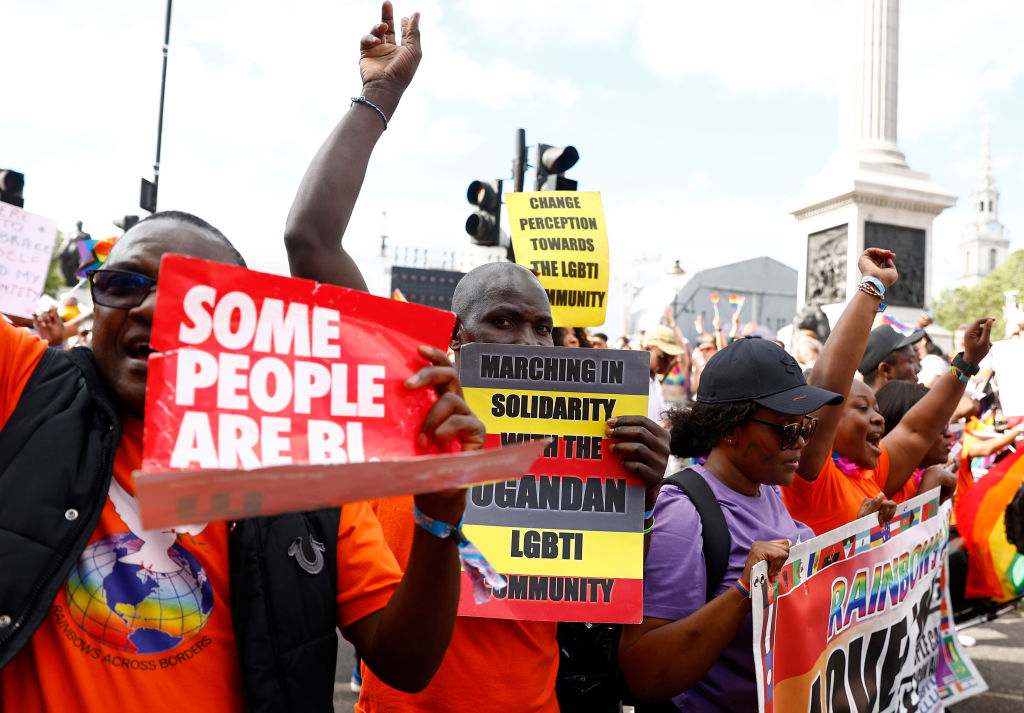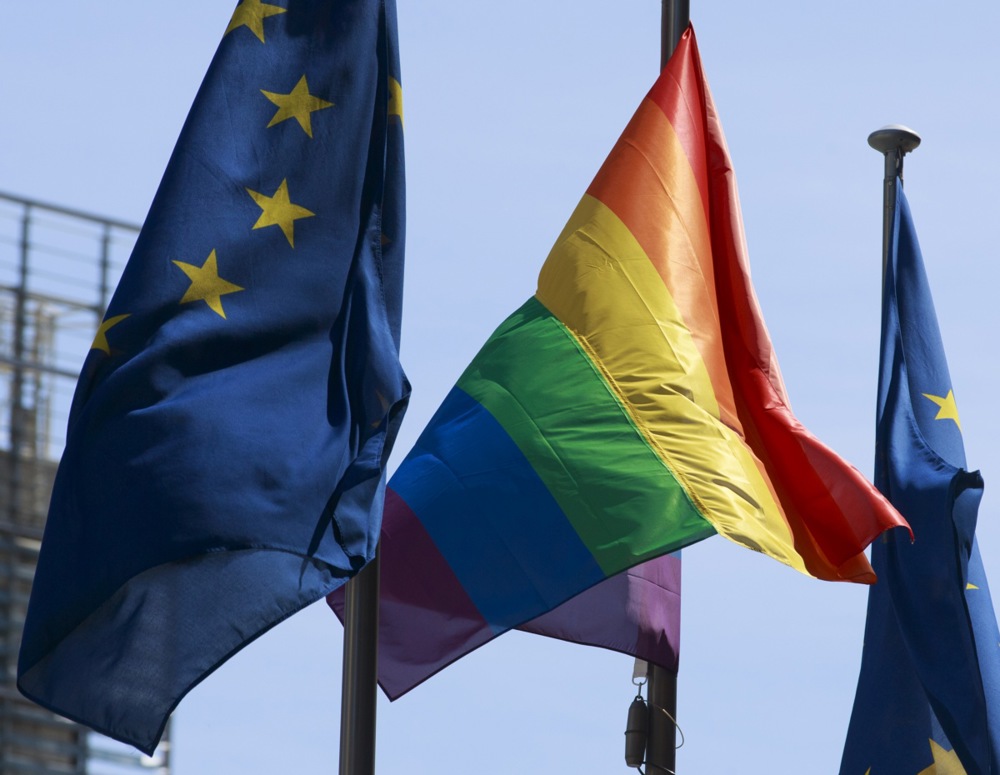The European Commission has insisted that it is working to get Palestine’s Islamist-leaning government to accept LGBTQI+ rights.
Responding to a call for the European Union to tie its aid to Palestine’s willingness to promote human rights, Eurocrats said they are actively working to improve the human-rights situation in the territory.
“The EU discusses human rights, gender equality and LGBTQI+ rights regularly vis-à-vis the Palestinian Authority,” said the EC’s foreign policy tsar Josep Borrell.
Acknowledging that the EU is the “biggest donor to Palestine”, Borrell said the bloc was working to encourage the country’s Islamic rulers to hold free and fair elections, which are overdue there.
The senior EC official added that the EU was also funding NGOs working in the region in an attempt to better align the territory with EU values.
The European Commission has confirmed it will continue providing Uganda with aid despite the East African country’s new anti-gay law. https://t.co/DJAEDCBTvN
— Brussels Signal (@brusselssignal) September 7, 2023
Despite the EC’s decision to give a large amount of money to address the problem, Borrell acknowledged that the Palestinian Authority still struggled with many human-rights concepts.
“Challenges remain as regards fundamental freedoms in both the occupied West Bank and in Gaza,” he said.
Borrell did not comment on recent suggestions that the EU should tie its foreign policy aid to its human-rights goals, with ECR MEP Johan Nissinen having previously suggested the bloc should pull aid from Uganda over its recently enacted anti-gay law.
“We owe it to taxpayers to place requirements on recipient countries,” he said.
“Can we really continue to transfer money and ignore the fate of gay people?”
The EC responded by saying it would continue to send significant funds to the East African country regardless of its human-rights position.
“At this moment, the EU considers that a suspension of EU financial support to Uganda would deprive the most vulnerable populations, including LGBTQI+ persons, from vital support,” the EC argued.
“Disengagement by the EU would also create gaps which may be further filled by other players who do not share EU values.”
Ireland’s Government is considering a push to get EU Member States to recognise Palestine and may even “go solo” over the issue. https://t.co/aOvWS8BeWY
— Brussels Signal (@brusselssignal) July 7, 2023





